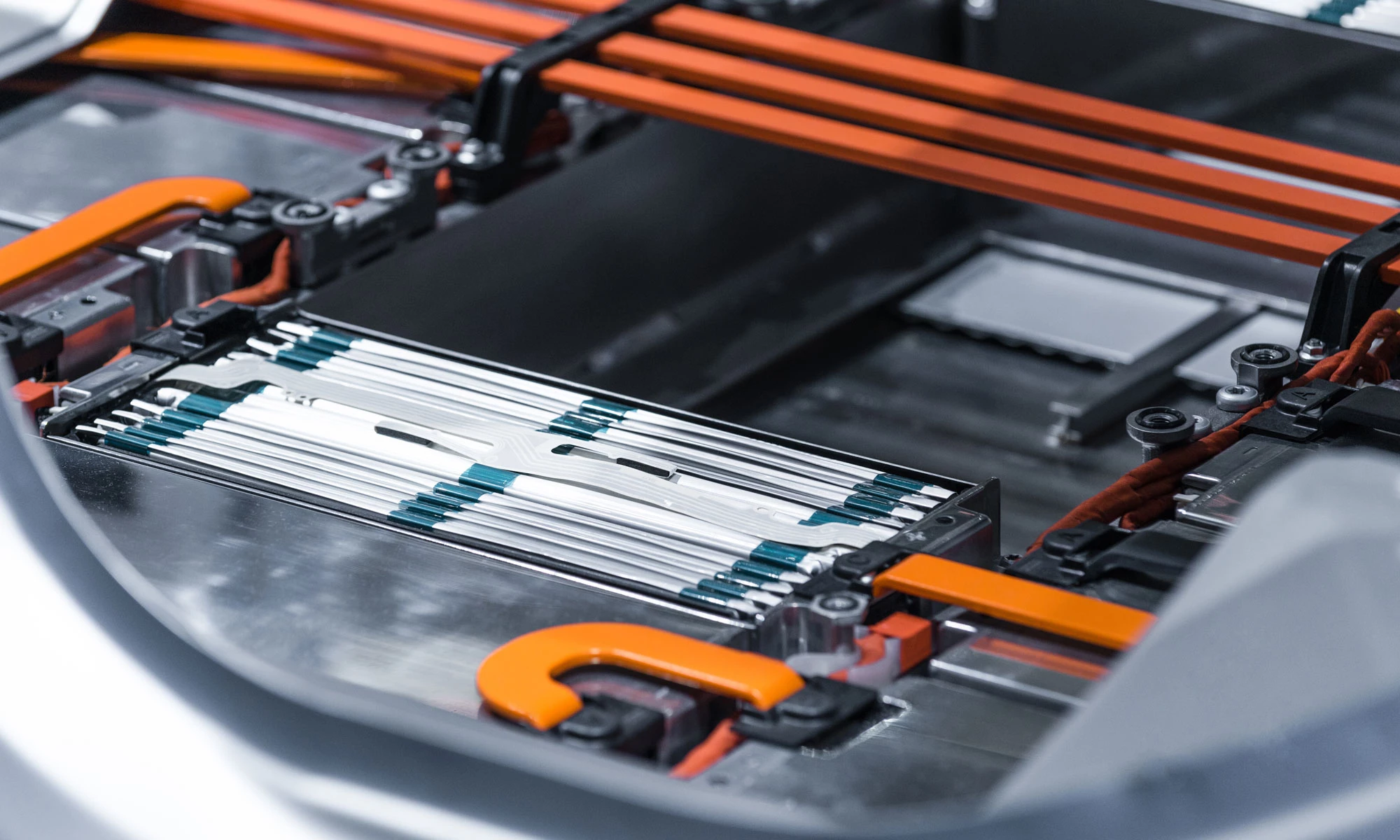End of Life (EoL) applications for high-voltage storage
In the terms of recycling management, there are various applications for the further use of high-voltage storage units. Common applications are repair by the user, reuse for other purposes, remanufacturing for reuse in a BEV/PHEV or recycling. Due to the hazard potential of high-voltage storage, repair by the end customer or the retailer is usually not an option, as the progress of solution approaches is manageable at the present time.
The recycling option is also currently not a particularly sustainable solution, as only about half of the materials can be recycled during this process and there are major problems with the recycling of lithium. The alternative of reuse for 2nd life applications usually leads to stationary energy storage systems. However, the development and conversion costs are often not in proportion to the new production or purchase. Thus the concept of remanufacturing seems to be the most sensible from an economic and ecological point of view due to the high degree of reuse and low use of new materials.
Challenges in the recycling of battery packs
In addition to the method for reconditioning or renewing specific components of a high-voltage storage system, the topic of practicable diagnosis and testing for EoL applications in electric vehicles is of particular relevance. A battery pack can be divided into 4 areas: Subassemblies (e. g. cell modules), electrical components, structural components and the heat management system. Outside these assemblies, the BMS (Battery Management System) and high-voltage cabling are particularly relevant. With regard to the reusability or remanufacturability of the components mentioned, the evaluation of the damage patterns when the battery core enters the reprocessing process is useful. The following scenarios are currently common:
- Failure of auxiliary equipment, such as BMS, sensors or contacts
- Heavy drop in performance of the battery pack
- Damaged battery pack, e. g. due to vehicle crash
The BMS is the key position for all three variants. The quality of the BMS data cannot be guaranteed in the event of failure of ancillary equipment or damaged battery. Depending on the manufacturer, information may be lost due to insufficient storage capacity, even in the event of a sharp drop in the performance of the battery charge state. Thus it can be concluded that a diagnosis or a test for the reprocessability of a battery pack must be carried out without BMS. A practicable “testing strategy” is therefore required, which can already be used during vehicle use.
In summary, it can be said that the End of Life concepts for high-voltage storage systems are still in their infancy. With increasing market penetration of electric vehicles and increasing return rates, topics such as recycling, 2nd life and remanufacturing will play an important role for vehicle manufacturers, suppliers and the independent aftermarket.

